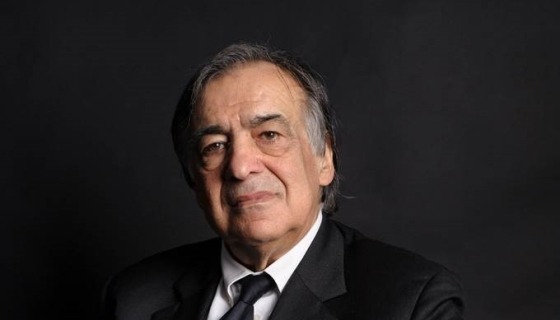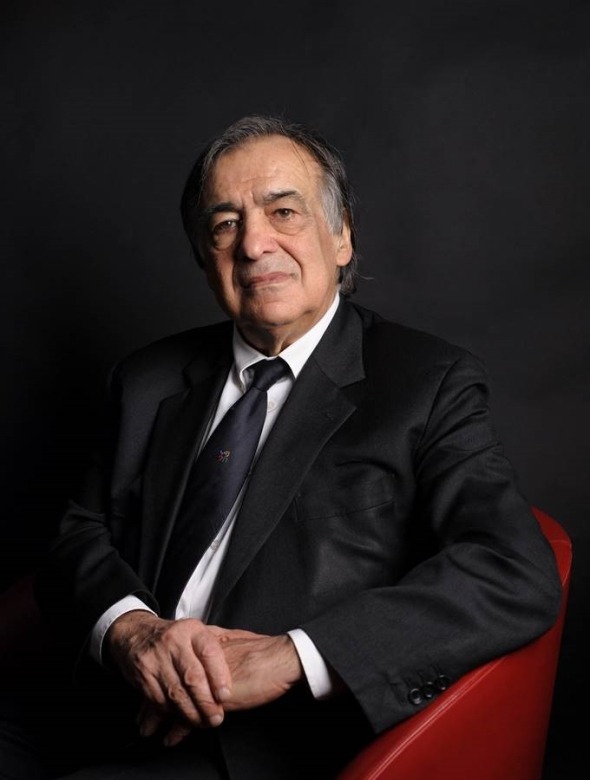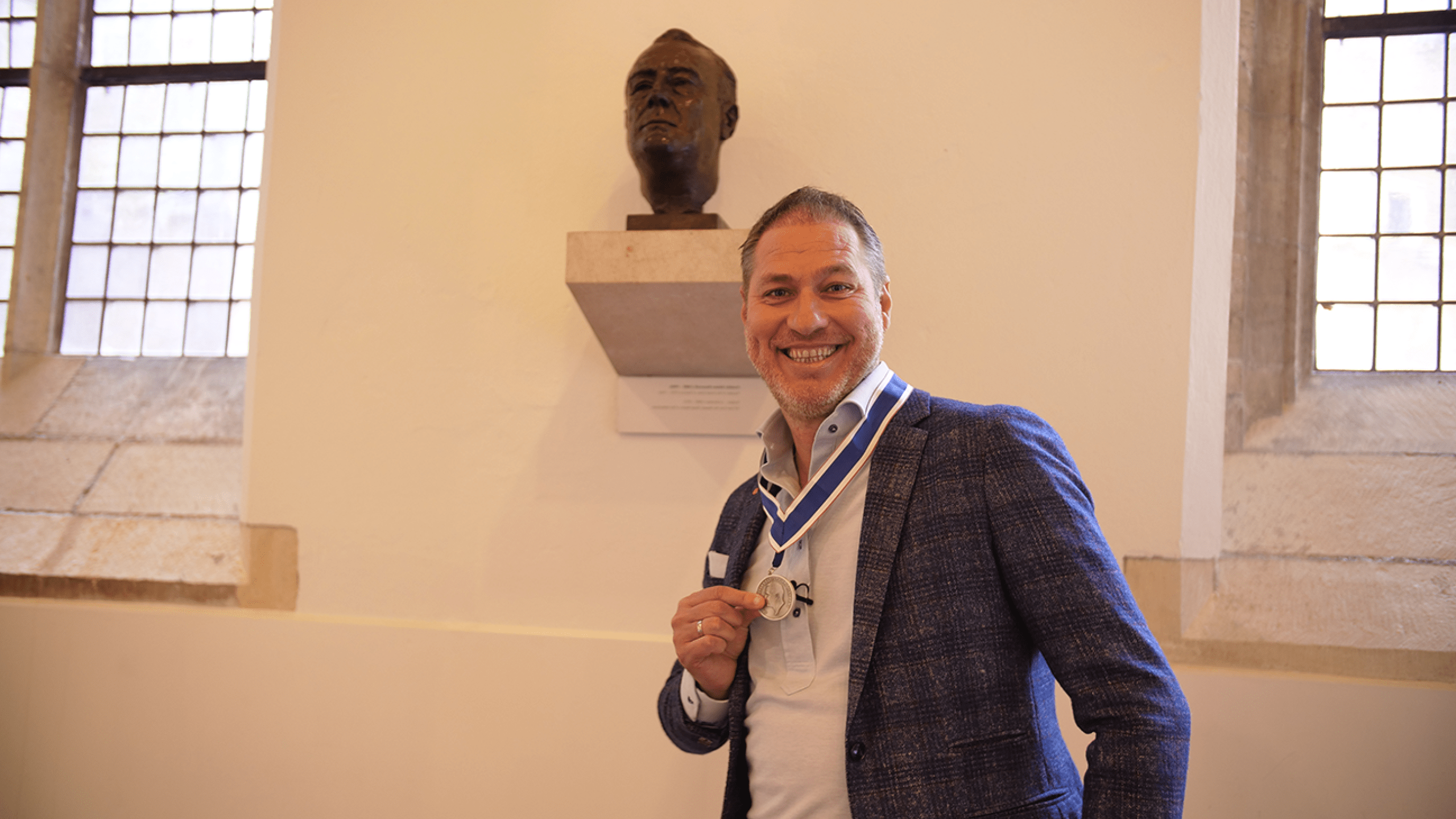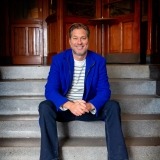This is
The Award from Want goes to Sander de Kramer in recognition of his innovative way of providing aid and dedicated commitment to the less fortunate, both at home and abroad. In 2007, as a journalist, he travelled to Sierra Leone, which had been declared “the most miserable place on earth” by the United Nations. He was deeply moved by the suffering and founded the Sunday Foundation with Hugo Borst.
Their foundation offers help in so-called ‘forgotten places’ on earth and sets up projects to alleviate the worst needs: projects of hope. In Sierra Leone, Sander de Kramer rescued child slaves from the mines. Now they go to school. Local contractors have since built more than 20 schools for boys and girls. Former street prostitutes now make school uniforms and war widows get micro-credit so they can earn a living. He has also set up workshops and training centres for the disabled, giving them a more dignified place in society.
In conversation with Sander de Kramer
What did the award mean to you and did the award help you with your work in Sierra Leone and Ukraine?
I am so incredibly happy and proud to have received the Freedom from Want Award. The award has put a spotlight on me and it helps me a lot now with the good work we do. Both in Africa and in Ukraine. I have received so much media attention thanks to the award. Then it went off. Companies spontaneously called that they would like to sponsor a school in Africa. That’s really crazy. We have now been able to build 38 schools in Sierra Leone for the most underprivileged children, such as orphans, kids with disabilities and former street girls.
The award has also contributed to the fact that the heater campaign for Ukraine has become a huge success. I called on television in the Netherlands to donate a heater to the war victims in Ukraine. To people who sat in destroyed houses, in the freezing cold. Partly thanks to the fame I have gained through the Four Freedoms Award, I have been able to help a lot of people. Like Julia from the city of Bocha, who lost her husband during the Russian invasion. I found this poor widow with her 7-year-old daughter Masja in their flat that was shot to pieces. There was no window in the house. They literally sat and slept in the freezing cold. I felt humbled at first, because I ‘only’ brought a heater. But when Julia saw me, she started crying and stammered: “It’s not just about the heater. We also realize now that we are not forgotten.” I had goosebumps up to my eardrums.
Partly thanks to the Four Freedoms Award, we have brought 29 trucks full of heaters to Ukraine. We have heated more than 10,000 families and their neighbors. In addition, we were able to provide 8 hospitals with generators, so life-saving operations could continue. And we have set up a refugee center in Kiev. Where war victims from cities such as Cherson, Kharkov and Bach must be warm and supplied with food. The Four Freedoms Award has put a spotlight on our work. We can now do even more for the most vulnerable people.
What do you notice in both Sierra Leone and Ukraine? Do you see similarities?
I see a lot of similarities between Sierra Leone and Ukraine. Sierra Leone has had 11 years of war. Many people have lost everything and are traumatized to the bone. The same applies to Ukraine, which continues to be attacked on a daily basis. It’s terrible to have to live in fear like that. The idea that every day could be your last... you never get used to it. There are so many people, both in Sierra Leone and in Ukraine, who have lost their loved ones during the war. But... I also see the resilience of the people. The Sierra Leoneans established themselves after the war. They are working hard to rebuild the country. They do this for the future of their children. Unfortunately, Ukraine is still in the middle of the violence of war. But I also see the resilience there. People literally say: “They won't get us down. We will fight for what we're worth.” I met a woman in Ukraine who, although she was pregnant, wanted to go to the front to fight. For her country and the children. How strong and resilient is that? That made a big impression on me.
What do you want to pass on to our readers?
My message to everyone is to take a closer look at someone else. Society is becoming more and more individualistic. But in the rush of life, don’t forget to think of those less fortunate. Is your neighbor disabled? Do the shopping for him. Does your aunt sometimes feel lonely? Have a nice cup of coffee with her. “Hello, Aunt Tiny. How are you?”. Small gesture, big fun. You will see how much that is appreciated. As Jane Goodall once said to me: “Together we can make this a better world!”
Kramer's help was not always without risk and sometimes even involved risking his own life. However, this never stopped him. His positive attitude and compassion are an example to many in a world where individualism seems to flourish.
Other laureates from 2020
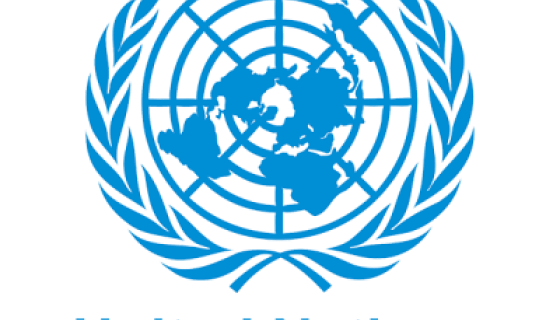
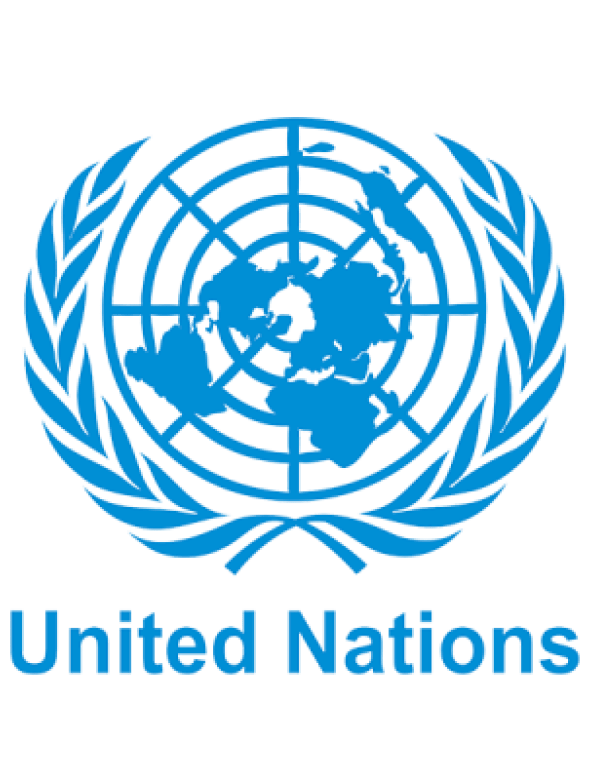
United Nations
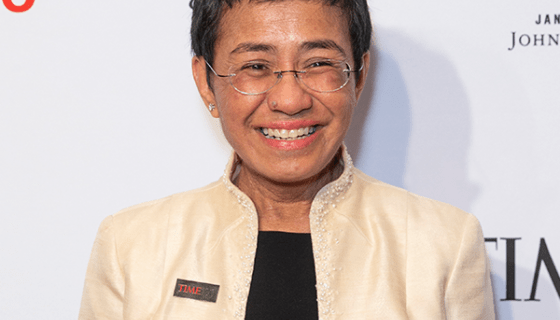
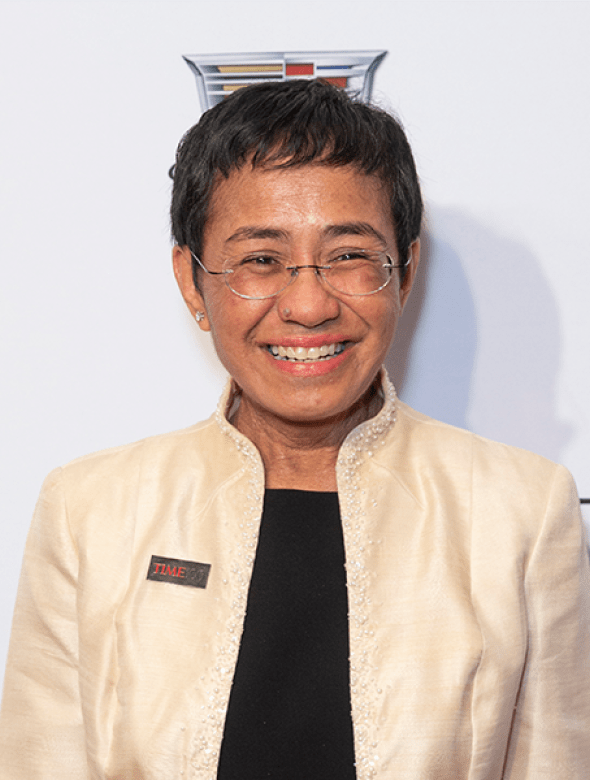
Maria Ressa
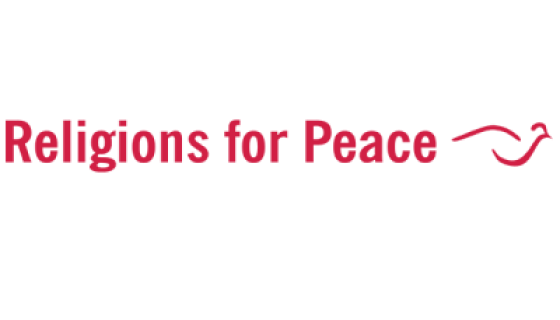
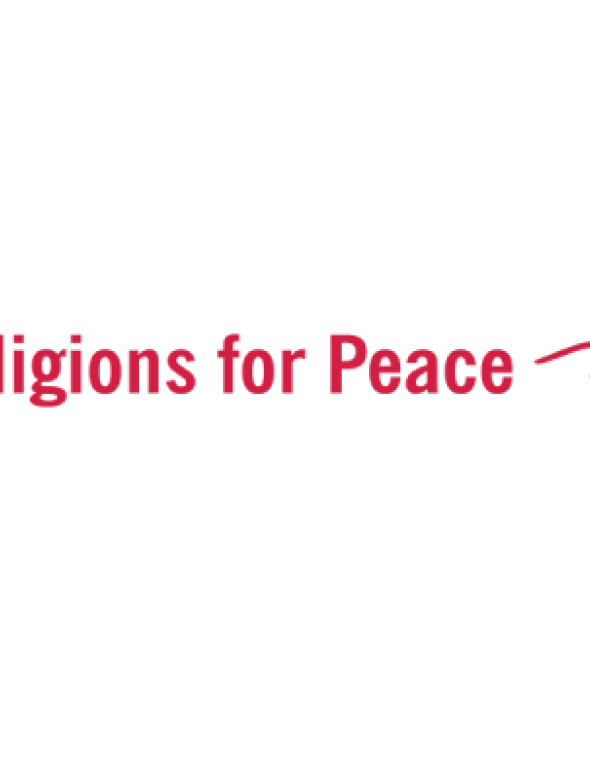
Religions for Peace International
